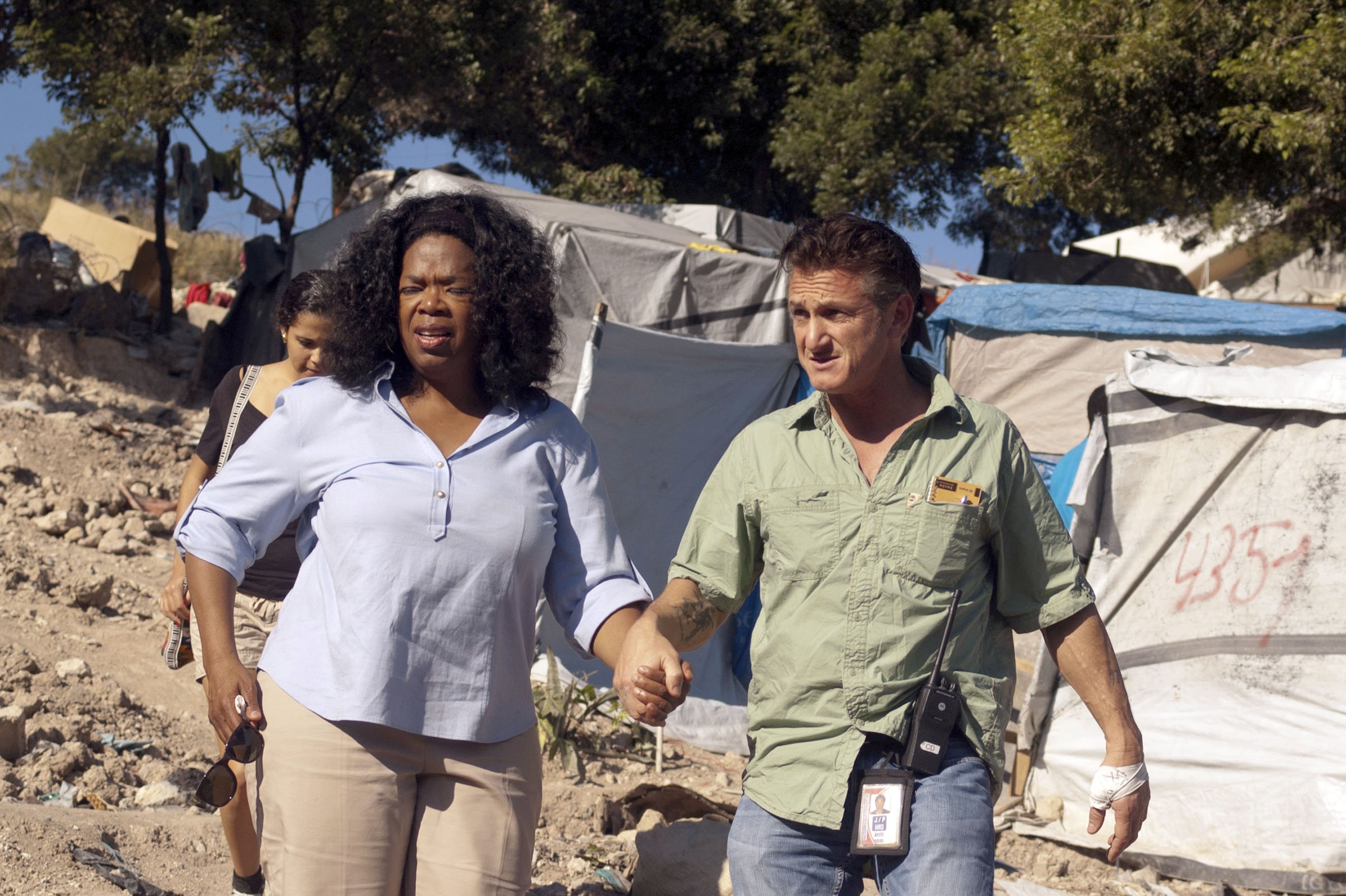Shaking Up the World? Global Effects of Haitian Tremors: 1791, 2010
Symposium, University of Aarhus, Denmark August 10-12, 2017
Info about event
Time
Location
Aarhus University

The outbreak of the 1791 Haitian revolution shook the imperial powers of Europe and the US. Never before had the enslaved rebelled so powerfully and in the decades to come, the name of the once lucrative colony, Saint-Domingue, provoked anxiety and suspicion. In 2010, Western eyes again turned to Haiti as a devastating earthquake hit the island. Natural forces together with poverty and inadequate infrastructure caused a major humanitarian crisis.
Taking its point of departure in the intersection of politics and aesthetics, this conference probes the global responses to and repercussions of these events within the frame of emergent and contemporary modernity.
Confirmed keynote speakers:
· Marlene Daut, Claremont Graduate University
· J. Michael Dash, New York University
· Matthew Smith, University of the West Indies, Mona
The symposium propose to investigate the Haitian revolution as an important event in shaping the structures of a new, global world order and the 2010 earthquake as an telling touchstone for the contemporary state hereof. We ask three interrelated research questions:
· How do nations at the ‘center’ of the global economy act when confronted with disruptions in ‘peripheral’ regions, be they revolutions or earthquakes? The international responses to the two Haitian tremors range from fear to sympathy, from military to humanitarian interventions, and from trade blockades and containment to foreign aid. A better understanding of these responses will help explain the global consequences of the tremors at two ends of modernity.
· How did the two events create or invigorate new relational and cultural networks across the Atlantic, in the Americas, and throughout the global south? The Haitian revolution is a crucial event in both Black Atlantic and Caribbean intellectual cultures and the Haitian diaspora has played a significant role both invigorating and criticizing international intervention and humanitarianism in the wake of the 2010 earthquake.
· How and to what extent do the two events link up? The revolutionary years carry into what Michel Rolph Trouillot has termed the ‘long Haitian revolution’ of the 19th century and the difficult and contested political life of Haiti in the 20th century. A better understanding of the ‘long lines’ uniting and separating the two events will help us understand not only Haitian history as seen from the rest of the world but also the global world order as seen from Haiti.
Program
Thursday, August 10
12:00-13:00 Registration and lunch
13:00-13:15 Welcome
13:15-14:45 Keynote: J. Michael Dash (New York University): “Nous mourrons tous: The Haitian Revolution goes Underground” (Chair: Mads Anders Baggesgaard)
15:00-16:45 Session 1
17-19 Reception (with food)
19:30-22 Film + talk
Friday August 11
9:30-11:15 Session 2
11:30-13:00 Keynote: Marlene Daut (University of Virginia): TBA (Chair: Jonas Ross Kjærgård)
13:00-14:00 Lunch
14:00-15:45 Session 3
16:00-17:45 Session 4
19:30 Dinner in town
Saturday August 12
10:00-11:30 Keynote: Matthew Smith (The University of the West Indies, at Mona): “A Tale of Two Tragedies: Remembering and Forgetting Kingston and Port-au-Prince” (Chair: Jonas Ross Kjærgård)
11:45-13:30 Session 5
13:30-14:30: Lunch
14:45-15:30 Future collaborations and publication
15:45-16:00 Closing remark
Session 1: Representations of Earthquake (Chair: Jakob Ladegaard)
· Kasia Mika (KITLV (Royal Netherlands Institute of Southeast Asian and Caribbean Studies)): “Twinning the Extremes: the Haitian Revolution and the 2010 January Earthquake in Nick Lake’s In Darkness (2012)”
· Carla Bascombe (University of the West Indies, Trinidad and Tobago): ”’Around us, history never stops’: Interrogating Évelyne Trouillot’s Narrative of Post-Quake Haiti”
· Tinuke Ola Peters (The University of the West Indies, St. Augustine (Trinidad)): “Representations of natural events in Haitian Literature”
Session 2: Historical Remembrance (Chair: Astride Charles)
· Kate Hodgson (University College Cork): “’De pyé mwen nan chen’: Gender, violence and slavery in nineteenth-century Haitian memory”
· Erin Dwyer (Oakland University, History department): “Epidemic and Empire in Haiti’s Long Revolution”
· Mads Anders Baggesgaard (Aarhus University): “Watching the Earth Move: Cinematic Images of Haiti after the 2010 Earthquake”
Session 3: 19th Century Literary Representations of Revolution (Chair: Christina Kullberg)
· Jonas Ross Kjærgård (Aarhus University): “Prussian Haiti, Haitian Prussia? Political Order and the Haitian Revolution in Heinrich von Kleist’s Die Verlobung in Santo Domingo”
· Michael Boyden (Uppsala University (Sweden)): “The Tremors of the Haitian Revolution in American and French Sentimental Race Fictions”
· Sine Jensen Smed (AU): “Henrik Hertz, Haiti and the rights of the "free coloured" in a Danish perspective”
Session 4: Humanitarian Interventions (Chair: Karen-Margrethe Simonsen)
· Jocelyne Sutton Franklin (University of Colorado Boulder): “Dehumanization Masquerading as Humanitarianism: A Reading of Concurrent Narratives in Makenzy Orcel’s L’Ombre animale”
· Roger P. Abbott (Research Associate in Natural Disasters, The Faraday Institute of Science and Religion, Benet House, St Edmund's College, Cambridge): ”Friendship without compromise? Exploring social cohesion between Protestants, Catholics, and Vaudissants in Haiti”
· Alessandra Benedicty-Kokken (CUNY): “Haiti’s Role in Shaping the Newest Utopia: ‘Ending Poverty’”
Session 5: Aftershocks of Revolution (Chair: Mads Anders Baggesgaard)
· Vanessa Mongey (Newcastle University): “The Back-to-Haiti movement in the 19th century”
· Fredrik Thomasson (Uppsala university, history department): “Sweden and Haiti 1791–1831”
· Florian Kappeler (University of Göttingen): “Revolutions of the Earth: Natural Tremors and Eruptions as Metaphors of the Haitian Revolution”
All individual session talks are 20 minutes long and followed by approx. 15 minutes of discussion.
